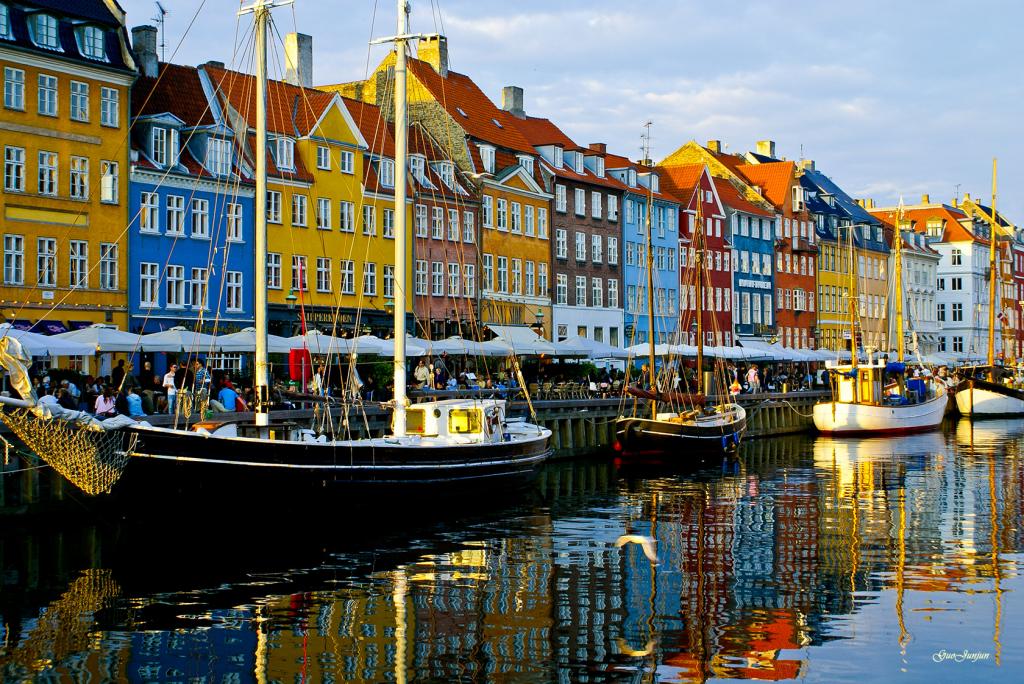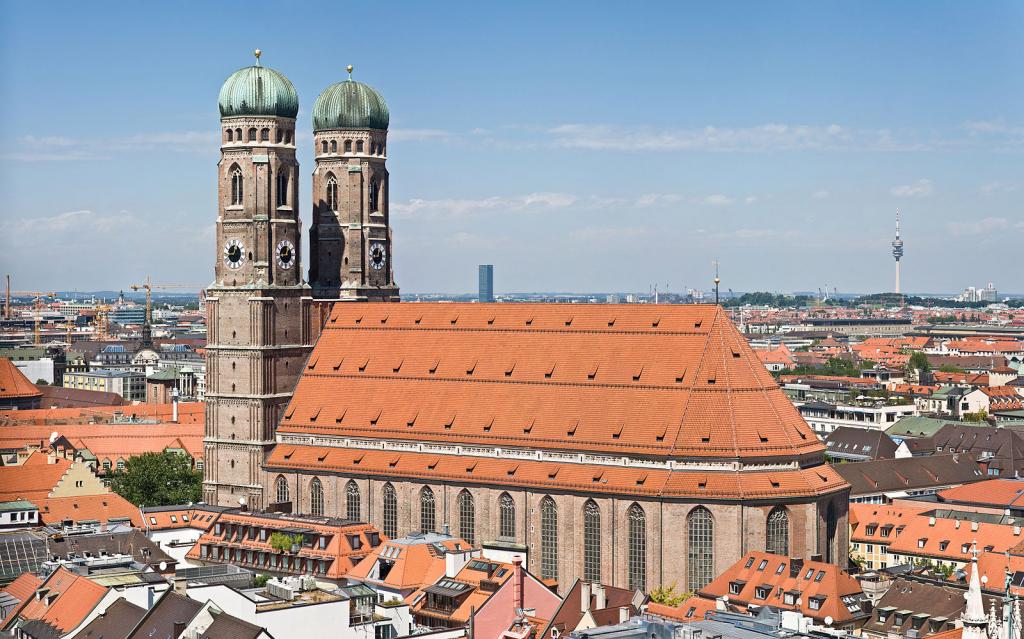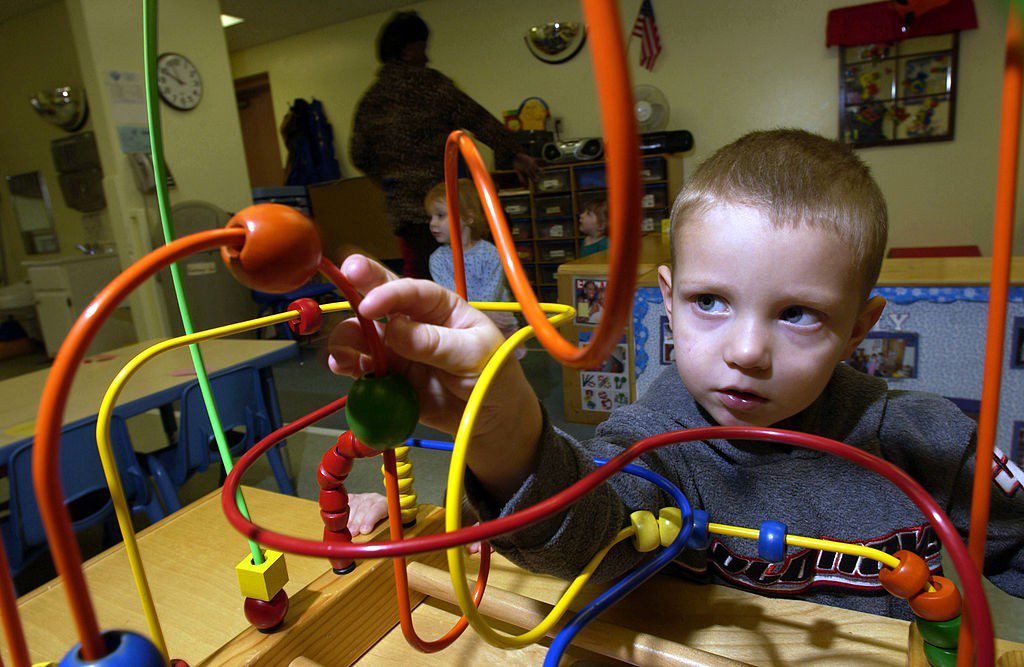
We tend to explain “helicopter parents,” or, as I labelled them previously, “tight-leash parents,” with respect to their tendency to drive their kids everywhere, or insist on accompanying them on any venture outside the front door, as the outcome of a fear of kidnapping that set in with the “have you seen me?” milk cartons of the 1980s, convincing a generation of parents that, however safe it might have been for them to roam the neighborhood or the city by themselves, in their own childhoods, the world had now changed and children were at grave risk of an attack by a Man in a White Van the moment they left one’s sight. In prior blog posts, I suggested that there’s a bit of a chicken-and-egg issue here: the rise of suburbanization made keeping kids at home easier (a backyard to play in) and sending them out harder (fewer pedestrian/bike-friendly streets and fewer places to go to). I’d also add that the decline of “neighborhood schools” and the rise of specialized extracurriculars means that kids are more likely to have friends who live across town than a block or two over. I also observed that, with respect to the “helicopter” aspect of supervising tightly their in-school and extracurricular achievement, the growth in tuition and the increased importance of merit scholarships, raising the stakes of high school achievement might also play a role.
But Achtung Baby, which I wrote about yesterday, makes a further point: the Germans are more confident with sending their kids out in the world because they have trust that, by and large, the world around them will help them. She cites as an example a young girl who regularly went off to play at the playground across the street from her apartment, then asked strangers to help her cross the street. Parents in general expect, she says, that if a kid has trouble finding their way home, they can rely on the adults around them to help — in contrast to the American approach of inculcating in children a fear of unknown adults.
And by happy coincidence, Megan McArdle’s Bloomberg View column builds on this, though her topic is Denmark, not Germany, where, she writes, high levels of social welfare provision, social cohesion, and economic success go hand-in-hand with high levels of trust — in the government, in businesses, and in each other. And trust is the first ingredient, not the result of the others; if you don’t have trust, you can’t achieve the successes that places like Denmark have. (Oddly, though, Germany, despite the author’s observations, only scores at the middle of the pack, among European countries, in terms of Germans’ trust in other people, whereas Denmark ranks at the top.) Really, it’s quite a good article; you should read the whole thing, though it’s long. And it’s got a bit of a tone of valedictory to it, perhaps due to her impending move to the Washington Post, as she concludes:
Danish business regulations and its welfare state can’t be successfully imported without first learning to trust one another, and to be trustworthy.
And that’s something we’re all going to have to do together. Which means that whatever Danish-style institutions you like, you can’t get them by angrily vilifying the half of the country that disagrees with you. These institutions, it turns out, can’t be built with policy papers or political activism. They can only be built through better interactions with each other, one neighbor at a time.
Of course, there’s no clear way to get from here to there, and, for all that politicians like to babble on about “diversity is our strength,” it seems to me that homogeneous places have greater levels of trust, and we can’t easily replicate that. And it’s entirely possible that in Germany itself, levels of trust and parents’ confidence in their children’s safety have gone down subsequent to the mass migration of Muslims in the last couple years.
By the way, Megan tells the story of having her phone/phone-case wallet stolen, receiving a significant amount of assistance from Danes in coping with her situation, and then ultimately receiving the case, driver’s license, and credit cards in the mail from the police when it was recovered (absent the phone itself) a couple weeks later. I also have a lost-wallet story, though I left mine behind at the local grocery store here in my middle-class Chicago suburb, and, before I had even noticed it was gone, a stranger rang the doorbell to return it to me, having found my address via the driver’s license. So that’s something, anyway.
Image: https://commons.wikimedia.org/wiki/File%3ANyhavn_copenhagen.jpg; By GuoJunjun (Own work) [CC BY-SA 3.0 (https://creativecommons.org/licenses/by-sa/3.0)], via Wikimedia Commons












